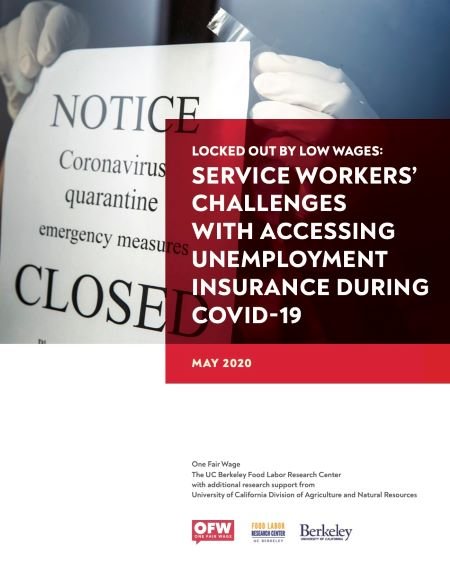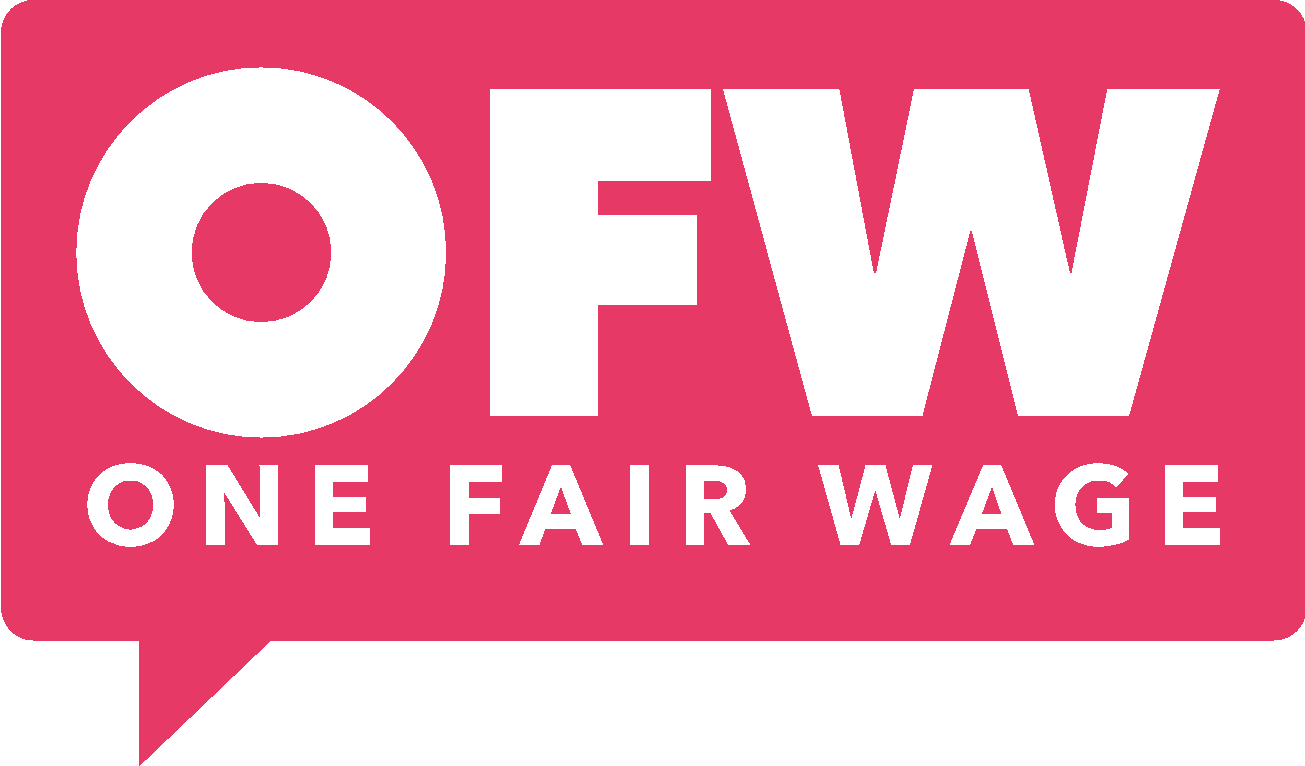
One Fair Wage For Massachusetts Tipped Workers
The subminimum wage for tipped workers is still just $6.75 an hour in the Commonwealth of Massachusetts.1 While seven states including California have had a full minimum wage with tips on top, and voters in the District of Columbia along with lawmakers in Chicago both passed legislation to end the subminimum wage, Massachusetts has yet to end this direct legacy of slavery. The subminimum wage impacts a workforce of nearly 113,000 tipped workers that is 70 percent women and 23 percent people of color, and an overall restaurant industry of nearly 250,000 workers in Massachusetts. Even with tips, tipped restaurant workers in Massachusetts earn a median wage of just $13,600 a year — 80 percent of tipped restaurant workers in the Bay State make less than $30,375 a year — and 14 percent receive SNAP benefits.

ALWAYS ESSENTIAL, STILL WAITING FOR CHANGE - New York
A legacy of slavery and a source of race and gender inequity, poverty, and harassment, the subminimum wage for tipped workers has been a topic of debate in the United States for the last decade — a debate that intensified with the pandemic. Given the mass exodus of millions of workers from the restaurant industry post-pandemic, workers are winning dramatic wage increases in both thousands of restaurants nationwide and in dozens of states through policy change.

ALWAYS ESSENTIAL, STILL WAITING FOR CHANGE
A legacy of slavery and a source of race and gender inequity, poverty, and harassment, the subminimum wage for tipped workers has been a topic of debate in the United States for the last decade — a debate that intensified with the pandemic. Given the mass exodus of millions of workers from the restaurant industry post-pandemic, workers are winning dramatic wage increases in both thousands of restaurants nationwide and in dozens of states through policy change.

Full Deal for Full Recovery
Congressmembers, Pass the American Rescue Plan in Its Entirety!

Locked Out by Low Wages
Locked Out by Low Wages: Service Workers’ Challenges with Accessing Unemployment Insurance During COVID-19
